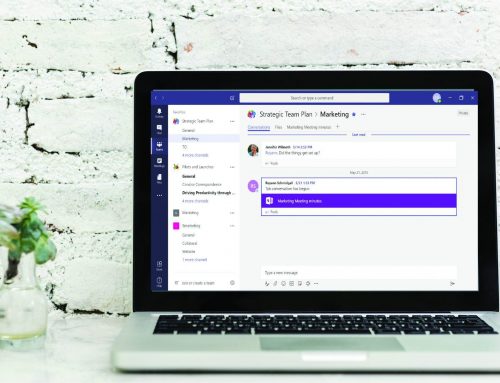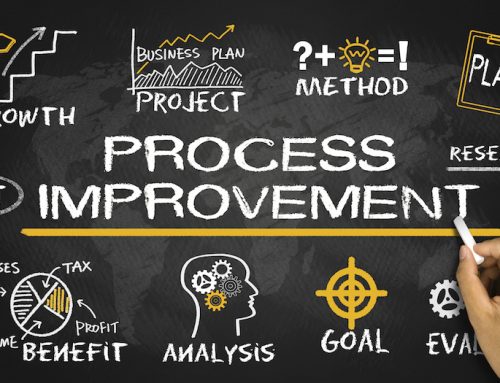Project Description

FANASA is a Health Care and Pharmaceutical Products distributor located in Mexico with approximately 2,800 employees distributed in nine offices throughout Mexico. The IT Director wanted to get FANASA utilizing Microsoft technology in a way that would address the communication and productivity challenges apparent within the culture from meeting agendas hidden in lengthy emails to constant interruptions.
He took charge and led the effort to get 350 FANASA managers and supervisors registered for Take Back Your Life® group sessions. As a result, the culture at FANASA changed. With Microsoft Outlook and TBYL methodology, people became more accountable for their commitments, communication improved, and individuals reported an increased sense of control over their workloads and the workloads of their staff.
Situation
FANASA expanded at a rapid pace over the course of the last four years from four offices: Mexico City, Leon, Guadalajara, and Monterrey to a national organization with approximately 2,800 employees in nine regional offices. During this time, FANASA’s executives focused on growing the company’s customer base, logistical capabilities, staff, and distribution territory.
When Alonso Vera joined the company in October 2008 as IT Director, he realized FANASA’s technology needed to be upgraded including deploying the latest version of Microsoft Office. He was concerned that the existing technology was being misused and simply upgrading the technology would not create an effective solution. He knew that he would also need to offer FANASA employees training for using the technology more effectively. “When I joined FANASA, the first thing I noticed was that there was no discipline, no methodology, neither a code nor system to exchange emails or to organize meetings, so it was chaos,” said Vera.
Solution
Alonso Vera contacted Peter Felsmann, McGhee Executive Consultant, and began to create a plan for replicating the Take Back Your Life® sessions he had experienced previously in his career. They initiated a series of seminars with FANASA’s Executive Board. Vera’s plan was to captivate the Executive Board and then convince them to sponsor the program throughout the company. Immediately following the first Executive Board session, Vera got the approval to roll out the program to others at FANASA from high and middle management to supervisors positions, a total of approximately 350 people in eight offices from Tijuana to Merida.
During the training sessions, FANASA was introduced to new ideas that shifted how the team approaches their objectives and manages their tasks. They also learned practical methods for managing information, email, and meetings more effectively. Each team member developed a system for collecting, processing, and prioritizing information and actions using Microsoft Outlook.
Benefits
FANASA shifted from a culture permeated with reaction and chaos to a culture of efficiency and work/life balance. By utilizing Microsoft Outlook and applying McGhee methodologies, more than 350 executives, managers, and supervisors within FANASA learned to write objective emails and effectively track projects, manage priorities, delegate tasks, and manage their calendars. The McGhee sessions addressed communication barriers that previously led to unreturned email, ineffective meetings, and uninformed people. “At the beginning, I missed many meetings because they sent the meeting request with very short notice without any agenda. Additionally, I received a lot of emails with no structure in terms of subject, actions, and supporting information,” said Vera.
Now, people write emails using a consistent format, the McGhee PASS™ Model. It is easy to see what action to take, if any, within seconds of viewing the email. Because FANASA employees are using similar protocols for meetings, people show up to the meetings prepared and informed. The time saved provides key executives and managers the opportunity to focus on strategic initiatives that will help the company continue to prosper and serve their customers.
As a standard practice, McGhee collects both qualitative and quantitative data prior to and after the consulting session to measure impact and return on investment. This group experienced the following results:
Qualitative Results
• Improved sense of control and work/life balance
• Improved communication and accountability
• Learned a process for effectively managing and tracking information using Microsoft Outlook
• Increased bandwidth for managing the tactical day-to-day work
Quantitative Results
• 37% decrease in the number of hours spent in meetings each week
• 45% reduction in the amount of time spent looking for information
• 37% decrease in the number of interruptions
• 30% decrease in time spend on urgent or unexpected matters
• 33% reduction in time spend in e-mail each day





